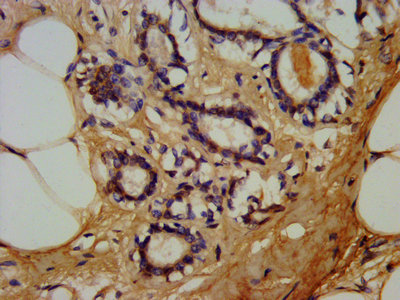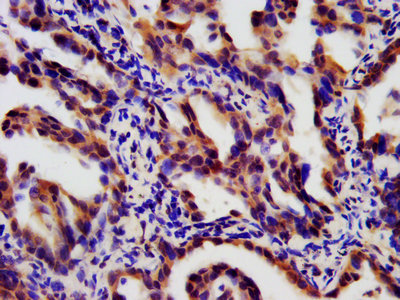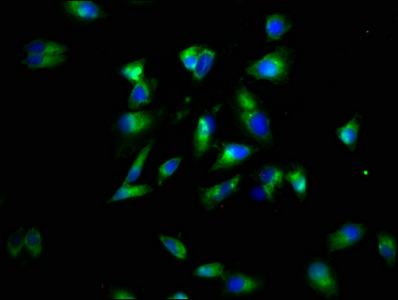Full Product Name
Rabbit anti-Homo sapiens (Human) LTBR Polyclonal antibody
Alternative Names
CD18 antibody; D12S370 antibody; LT beta R antibody; LTBETAR antibody; Ltbr antibody; Lymphotoxin B receptor antibody; Lymphotoxin beta receptor (TNFR superfamily; member 3) antibody; Lymphotoxin beta receptor antibody; Lymphotoxin-beta receptor antibody; TNF R III antibody; TNF-RIII antibody; TNFCR antibody; TNFR RP antibody; TNFR superfamily member 3 antibody; TNFR-III antibody; TNFR2 RP antibody; TNFR2RP antibody; TNFR3 antibody; TNFRII antibody; TNFRRP antibody; TNFRSF 3 antibody; TNFRSF3 antibody; TNR3_HUMAN antibody; Tumor necrosis factor C receptor antibody; Tumor necrosis factor receptor 2 related protein antibody; Tumor necrosis factor receptor 2-related protein antibody; Tumor necrosis factor receptor superfamily member 3 antibody; Tumor necrosis factor receptor superfamily member 3 precursor antibody; Tumor necrosis factor receptor type III antibody
Immunogen
Recombinant Human Tumor necrosis factor receptor superfamily member 3 protein (31-224AA)
Immunogen Species
Homo sapiens (Human)
Conjugate
Non-conjugated
The LTBR Antibody (Product code: CSB-PA08129A0Rb) is Non-conjugated. For LTBR Antibody with conjugates, please check the following table.
Available Conjugates
| Conjugate |
Product Code |
Product Name |
Application |
| HRP |
CSB-PA08129B0Rb |
LTBR Antibody, HRP conjugated |
ELISA |
| FITC |
CSB-PA08129C0Rb |
LTBR Antibody, FITC conjugated |
|
| Biotin |
CSB-PA08129D0Rb |
LTBR Antibody, Biotin conjugated |
ELISA |
Purification Method
>95%, Protein G purified
Concentration
It differs from different batches. Please contact us to confirm it.
Buffer
Preservative: 0.03% Proclin 300
Constituents: 50% Glycerol, 0.01M PBS, PH 7.4
Tested Applications
ELISA, IHC, IF
Recommended Dilution
| Application |
Recommended Dilution |
| IHC |
1:20-1:200 |
| IF |
1:50-1:200 |
Storage
Upon receipt, store at -20°C or -80°C. Avoid repeated freeze.
Lead Time
Basically, we can dispatch the products out in 1-3 working days after receiving your orders. Delivery time maybe differs from different purchasing way or location, please kindly consult your local distributors for specific delivery time.
Usage
For Research Use Only. Not for use in diagnostic or therapeutic procedures.







